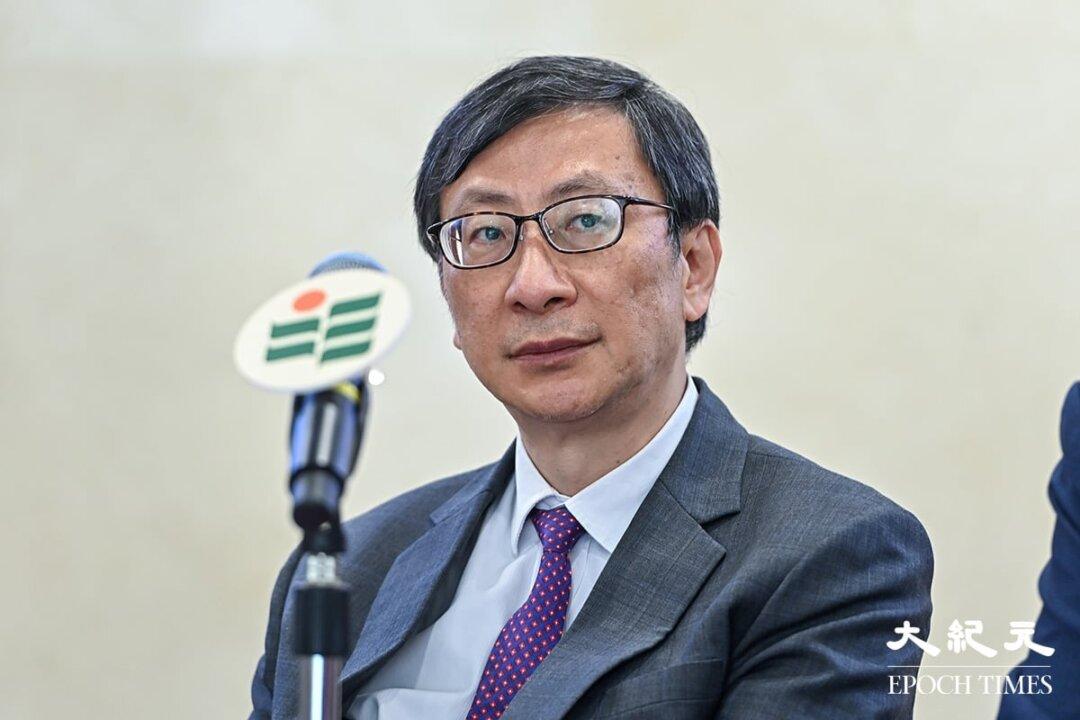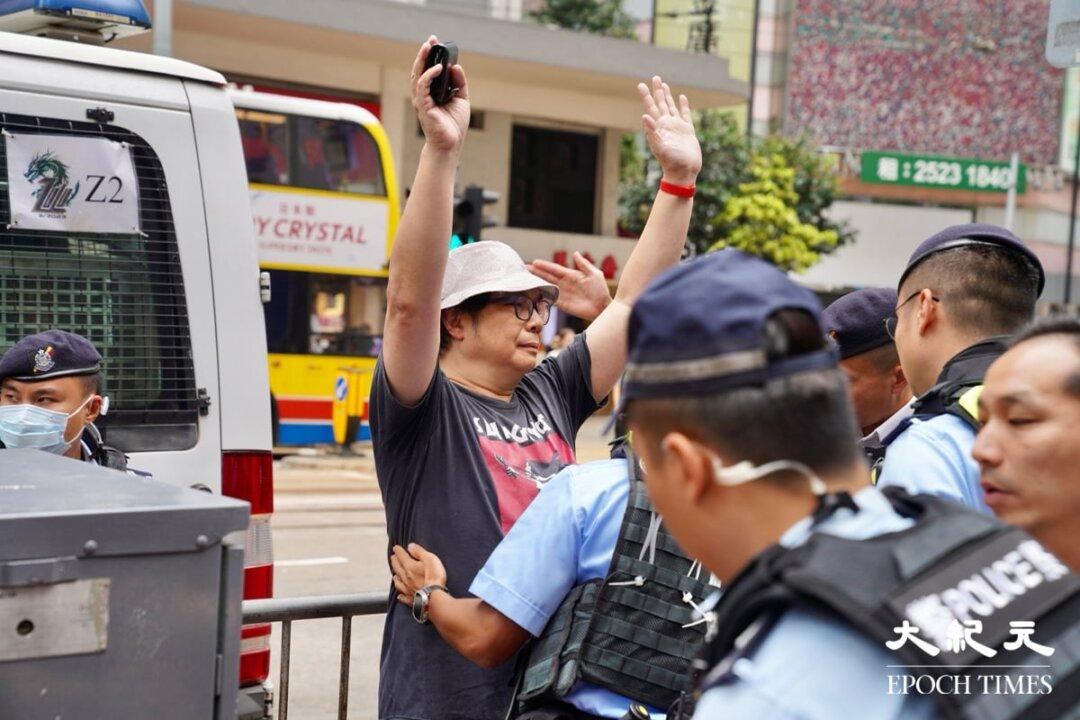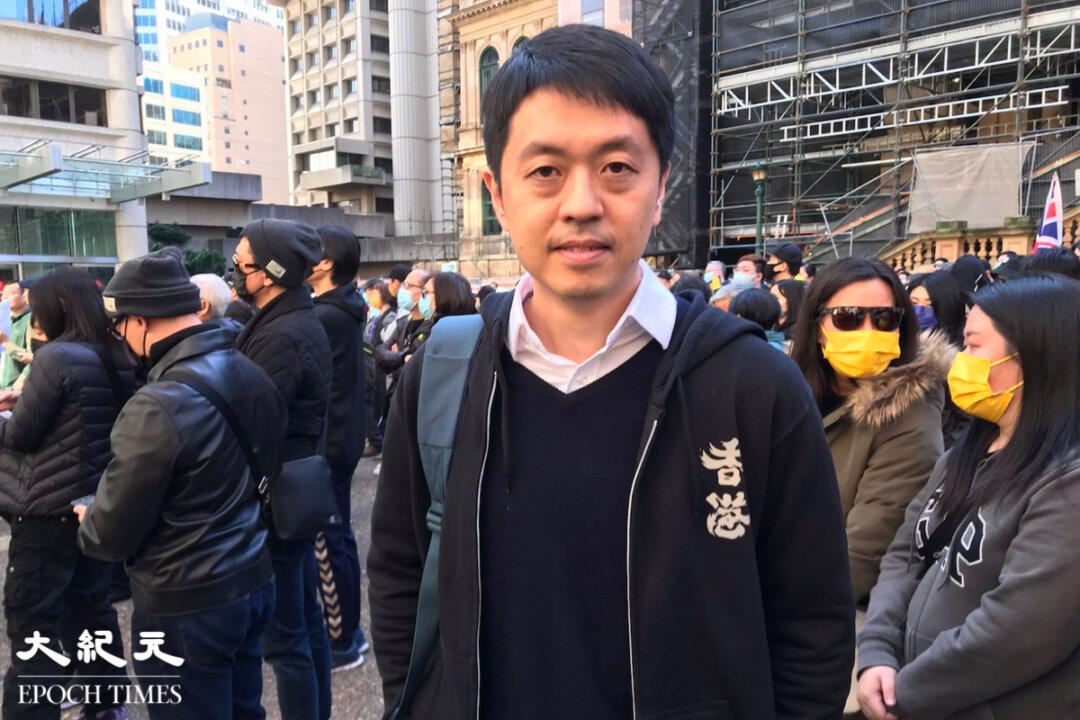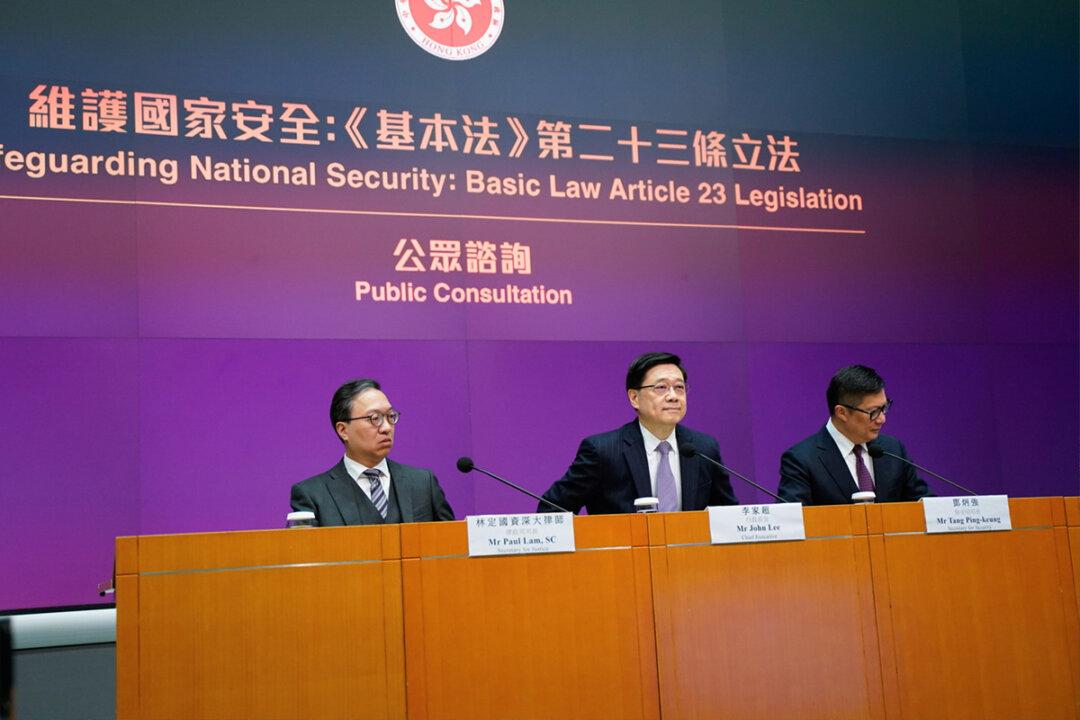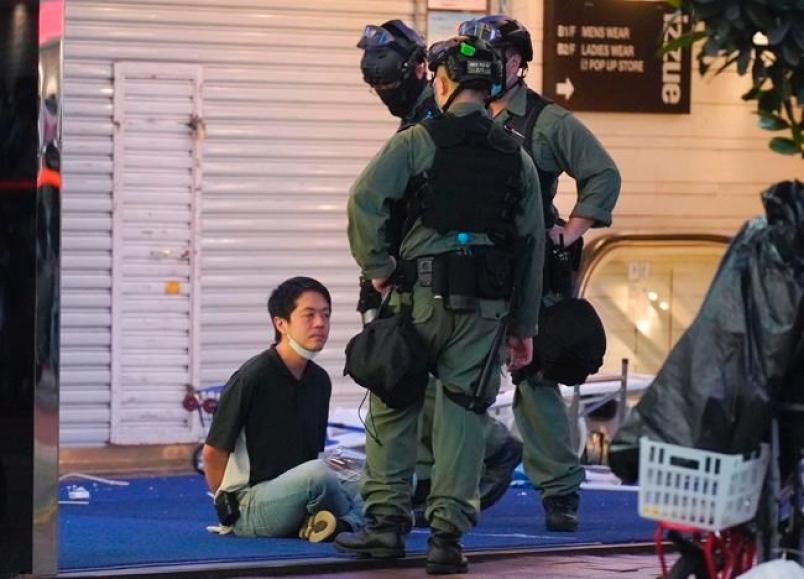John Lee Chi-kin, the new president of the Education University of Hong Kong (EdUHK), said his top priority was to enhance prospective teachers’ awareness of ethics and to promote national security education, further tightening Beijing’s ideological grip over the former British colony.
Mr. Lee, a member of Beijing’s Chinese People’s Political Consultative Conference in Hong Kong, told media on Sept. 15 that the university would reform its education curriculum from the 2024–2025 academic year and strengthen “teacher ethics training.” All students enrolled in the Bachelor of Education program are required to take a guidance course on conduct before starting their internship.
